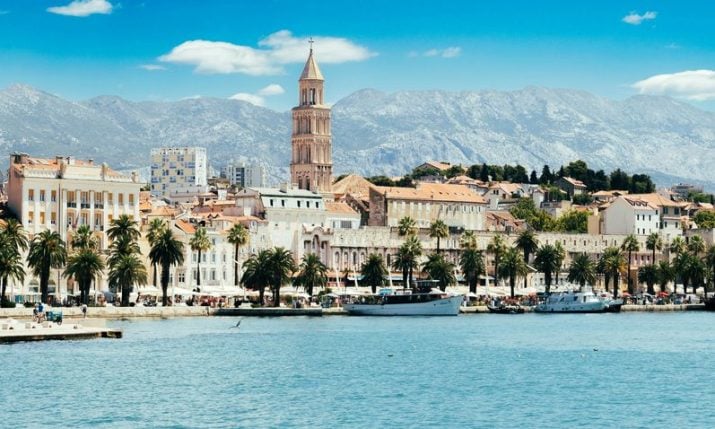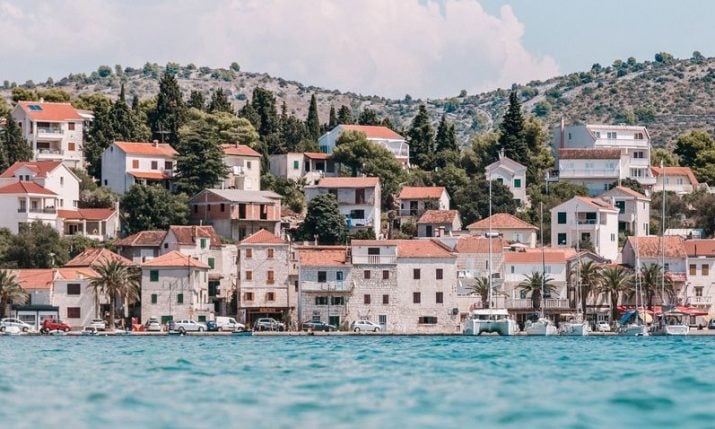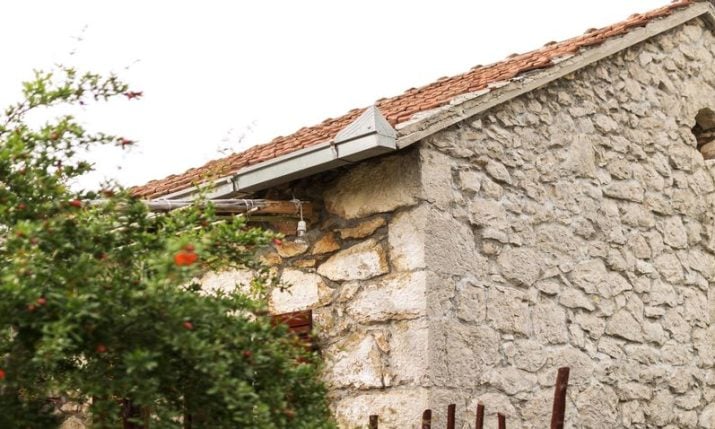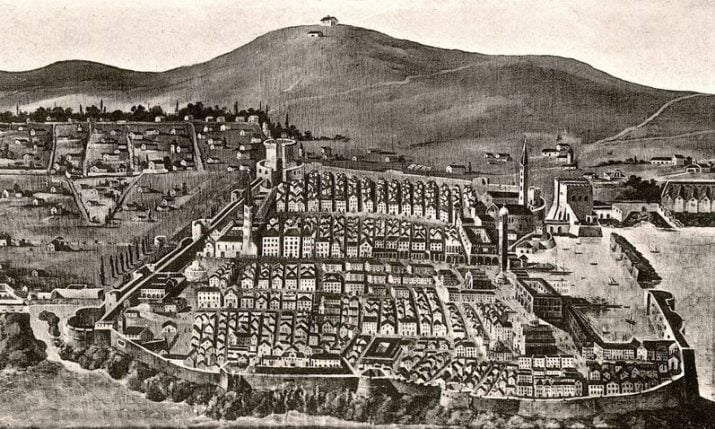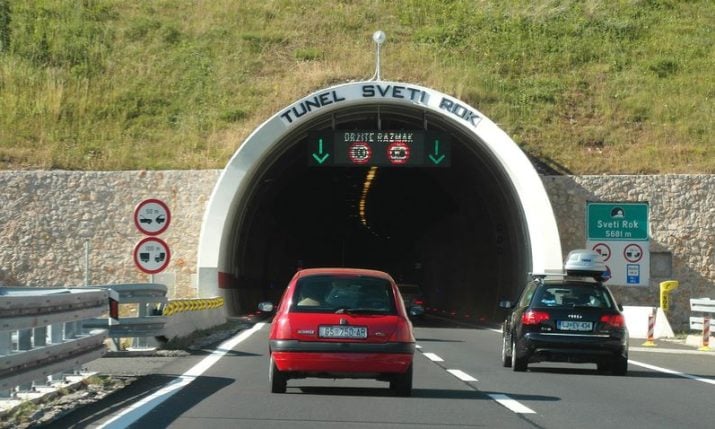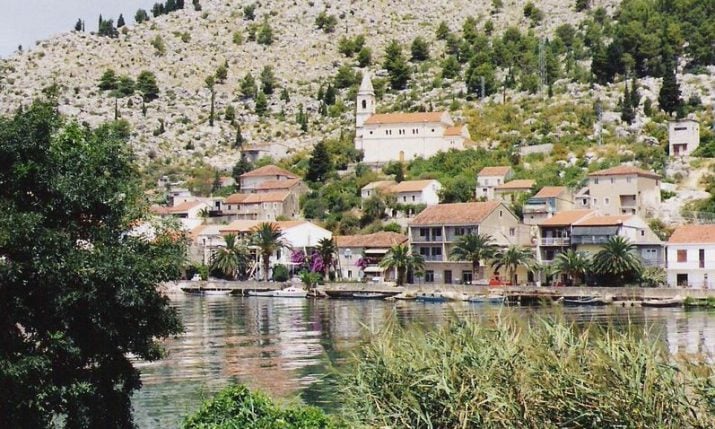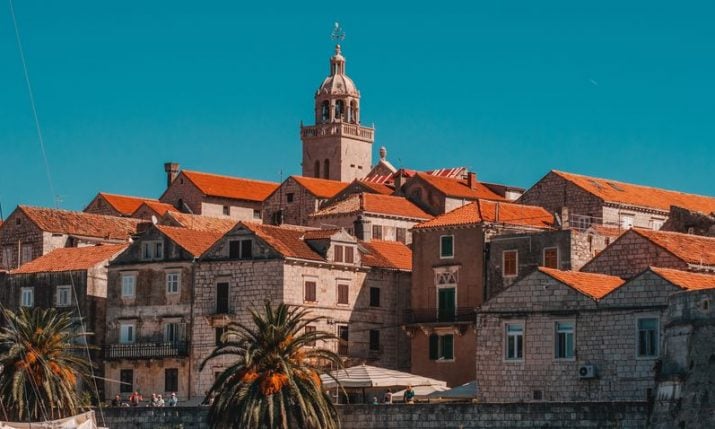Real Estate in Croatia: An insight for Croats abroad
- by croatiaweek
- in Business
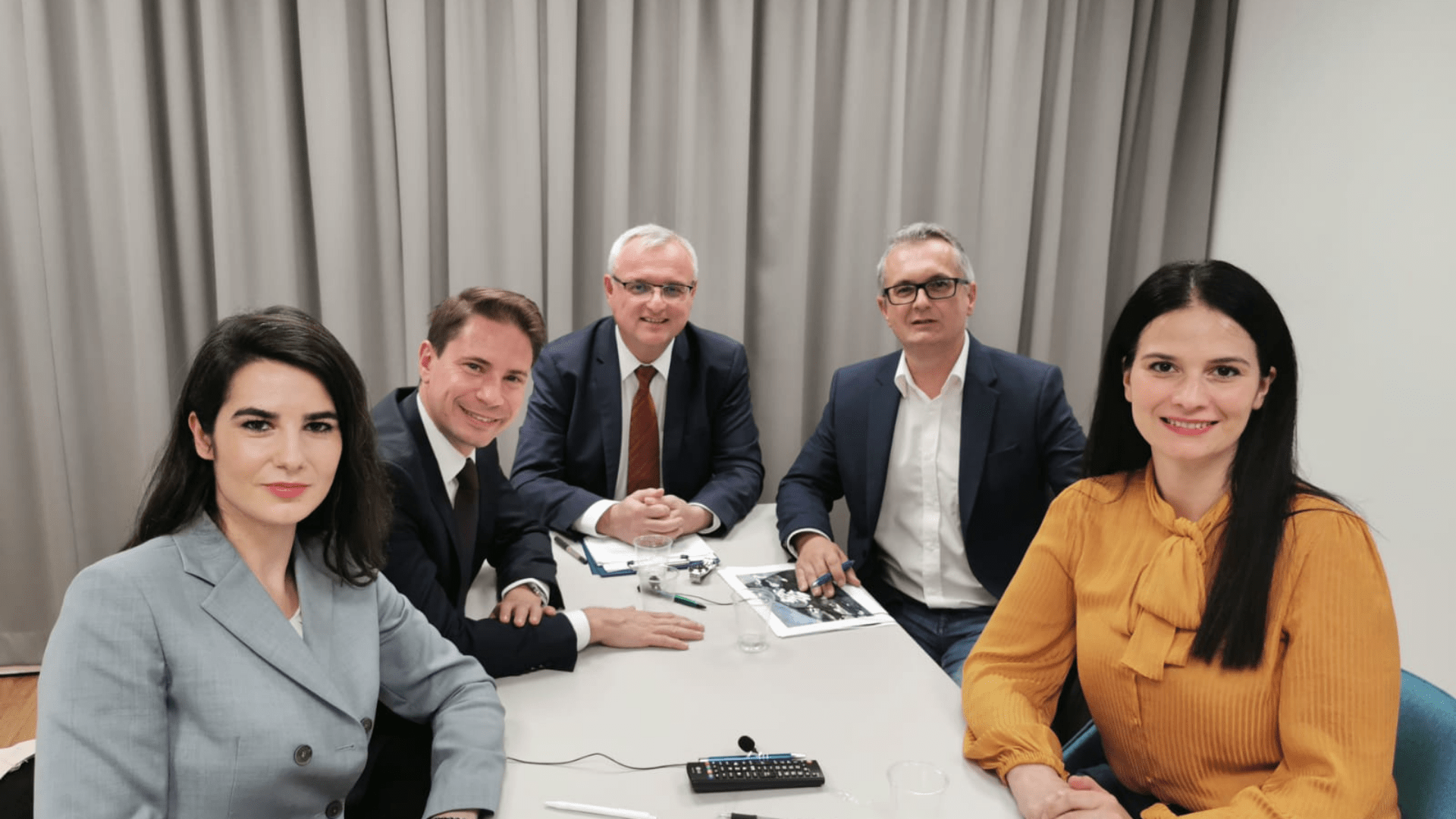
Crodiaspora expert panel
By Peter Bury, Editor at Crodiaspora and Politicorp
Since leaving Croatia due to various political, economic and social reasons, much of the Croatian diaspora has been looking for ways to reconnect with their Homeland in a meaningful way.
Now, as Croatia makes strides in the direction of democracy and a capital-driven economy, Croatians from abroad have a prime opportunity to take part in the country’s progress through real estate and development.
Moderated by Don Markušić, a successful lawyer and returnee from Australia and Vice President of Crodiaspora, this year’s Crodiaspora Summit included a professional panel highlighting the quality of Croatia’s real estate environment. By hosting knowledgeable experts in law, architecture, real estate, and municipal politics, this panel is highly applicable to those with interest in commercial, residential, or agricultural investment in Croatia.
Monika Maretić, a Partner at the Markušić and Maretić law firm, points out that Croatia’s legal system has taken significant steps in recent years to construct a more conducive investment climate for diaspora and foreign investors alike. Still, though, she says that the implementation of these legal reforms will take time to gain consistency across the country’s economic and social systems especially as they pertain to foreign investment.

Monika Maretić
Additionally, Ernest Svažić, Mayor of Krapinske Toplice, speaks to the substantial improvements that he has seen on the local scale within Croatia. Svažić talks about how digitization of records and investment processes has enhanced transparency across the board, leading to a more stable investment climate. Patrick Franolić, Managing Director at Spiller Farmer Real Estate, addresses the fact that since joining the European Union, Croatia’s legal and transaction security has grown to a level comparable to other developed European nations.

Ernest Svažić
While Croatia’s investment climate has certainly improved by a great degree, it is important that diaspora investors are prepared to do business in a different way than they would in a country like the United States, Canada, Australia, or even Germany. There is no doubt that the level of corruption in Croatian business has diminished over the last thirty or so years of democracy, but at the same time, the nation still has bureaucratic strengths and weaknesses which shape the way that businesses is done.

Patrick Franolić
At the same time, Franolić explains that in Croatia, it is very often the case that the minimum amount required to invest in certain projects is less than it is in many Western European countries. This, accompanied by lower costs, yields reliably higher returns in Croatia than in nations like Germany and the United Kingdom.
Martina Kustra, an architect and Director at Axsis Projects, speaks to her experience with clients and reaffirms that investment in Croatia does in fact yield higher returns than that in other European nations. A lot of Kustra’s clients come to Croatia purely motivated by business as opposed to having ancestral ties, and that alone qualifies the investment climate there as one of the more accommodating and facilitative on the continent. She goes on to say that particularly with small investments, many of her clients have seen profits within six months of investing and often see returns of eight to ten percent, which is formidable for a country in the European Union.
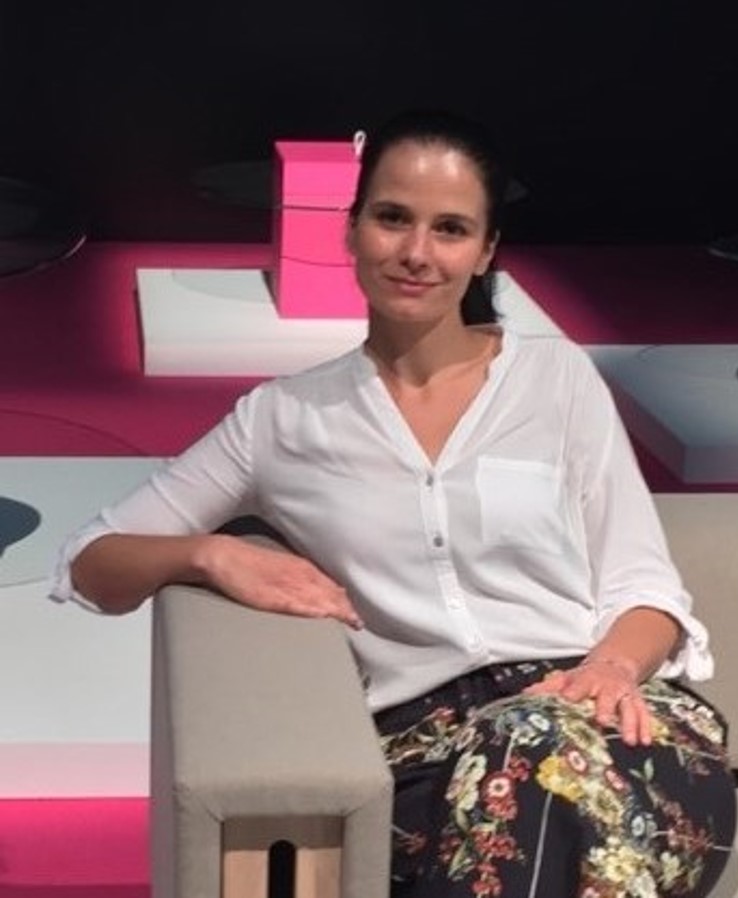
Martina Kustra
From a legal perspective, it is especially applicable to the diaspora that land registries and other documents and registries pertaining to land transfers, including inheritances, are consulted. Bureaucratic nuances are to be carefully followed in Croatia if real estate investments are to go through without significant delays. Maretić emphasizes that the land registry is the sole indicator of land ownership in Croatia, and unfortunately, sometimes when land is bought before consulting the registry, rivalling land claims arise.

(Photo: Design by Martina Marinčić Kustra)
Another key factor in planning and carrying out real estate investment in Croatia is the local zoning arrangement. Kustra explains that although zoning challenges can sometimes be easily resolved by consulting with local planners and politicians, there are cases where some real estate investments are simply not possible in a particular area due to a prioritization of local development strategies.

(Photo: Design by Martina Marinčić Kustra)
As far a commercial investment is concerned, Svažić puts forward his experience with potential investors in his community as advice for other local governments in Croatia seeking to attract foreign investment. While the European Union provides its own incentives for certain kinds of investments like green technology, Svažić doubled down on this when dealing with investors by offering additional benefits for sustainable buildings as well as for investors who open new workplaces and increase their employment.

(Photo: Design by Martina Marinčić Kustra)
Overall, Croatia offers one of the most favourable real estate investment climates in Europe. Encompassing both residential and commercial development, Croatia offers some of the most sought after properties which are very capable of yielding competitive returns in a crowded European market. Bureaucratic and legal reforms over the last few years have directly supported investment in Croatian real estate, and members of the Croatian diaspora are particularly encouraged to use these means to reconnect with their Homeland and contribute to its flourishing economy.
Watch the video of the panel discussion below.
THE POSSIBILITIES IN CROATIAN REAL ESTATE from Matija Pavkovic on Vimeo.

